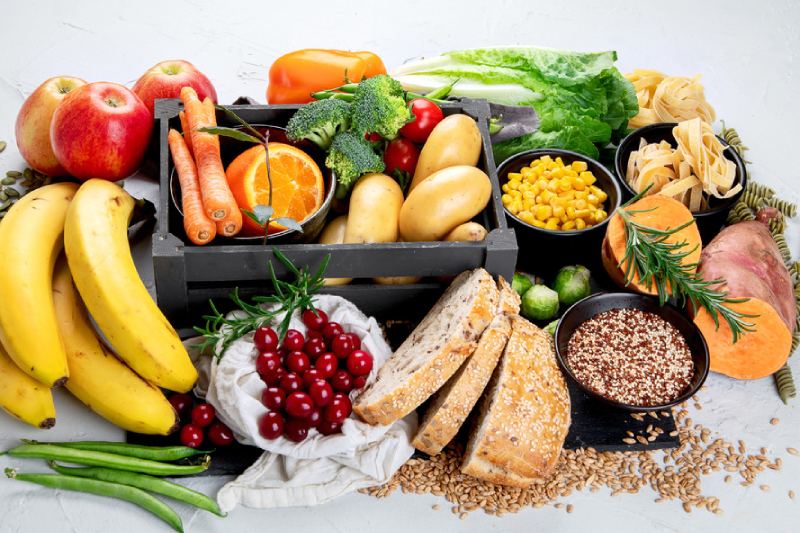Eat right and you’ll stay healthy—especially as you get older, didn’t you know that? A diet high in nutrients, well-balanced, and supporting a variety of bodily processes can help avoid or manage age-related chronic diseases. Essential vitamins and minerals required by the body for optimal functioning can be found in lean meats, whole grains, fruits, vegetables, and healthy fats.
For example, calcium and vitamin D can lower the incidence of osteoporosis and fractures and are necessary for strong bones. Omega-3 fatty acids are beneficial to your heart and brain and can be found in fish and flaxseeds. Vegetables and whole grains, which are high in dietary fiber, aid in better digestion and can lessen constipation, which is a typical problem among the elderly.
1. Nuts
Nuts that protect the brain and include nutrients that postpone or prevent age-related illnesses can be eaten as little, crunchy snacks. Examples of nuts are almonds, walnuts, cashews, pecans, and pistachios.
2. Lean Protein
Age-related muscle loss can be avoided by eating meals high in protein, such as eggs, lean meat, and dairy products, rather to protein powders, which may not contain as many nutrients.
3. Blueberries
Because of their high polyphenol content, blueberries can help protect the brain from aging by increasing brain cell communication, decreasing DNA damage, and lowering inflammation.
4. Fish
Fatty fish including albacore tuna, herring, farmed trout, and salmon are rich sources of omega-3 fatty acids like DHA. DHA is beneficial to brain function. Eating enough DHA can improve memory and learning.
5. Whole Grains
Fiber, B vitamins, B-6, and folate are all included in whole grains and are essential for healthy brain function. They reduce the risk of diabetes, cancer, and heart disease and pair well with quinoa, wheat berries, and couscous.
Topics #Maintain Good Health #Top 5 Foods











